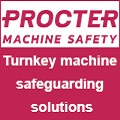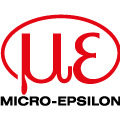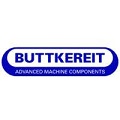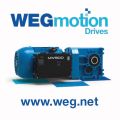
Posted to News on 25th Oct 2019, 11:35
How to ensure the integrity of trapped key interlocking systems
This article from Fortress Interlocks discusses the standards relating to machinery safety and, in particular, trapped key interlocks, and goes on to explain why Fortress Interlocks no longer supplies it products via online stockists.
International standards, upon publication, serve to confuse users who are familiar with decades of previous installations conforming to earlier standards. No more so than when they relate to machinery safety.
The publication of ISO 13849 'Safety Related Parts of Control Systems' introduced performance levels, while ISO 14119:2013 'Interlocks' defined actuator types and actuator coding for the first time. Since actuator coding has no impact on performance level, it caused confusion among those involved in the industry.
Trapped key interlock users and manufacturers saw the release of ISO/TS 19837:2018 as a welcome addition to the existing suite of safety standards for the most part. Definitions were clarified and the section 'Validating performance level' made evaluating the performance level of trapped key systems much clearer for those integrating such products.

More questions
However, other elements of ISO/TS 19837:2018 led to many important questions being asked about existing trapped key systems and whether they would meet the Essential Requirements of the Machinery Directive. An extensive key coding and management section was the cause behind this.
For those unfamiliar with trapped key interlock technology, it is the use of (usually mechanically) coded keys to control who can and cannot isolate power in order to gain access to manufacturing areas. Sequence control is always an important element of a good system, dating back to when the technology was first used in electrical switchgear control.
Fewer keys than locks are required for system integrity. If a single key exists and is released when control voltage is off and that same key opens a guard, the system's installation enforces isolation of the power before an operator can access the manufacturing equipment, providing there is only that single key.
Coding is a term used to define the uniqueness of the key shape and therefore what the key can control. The extensive key coding and management section mentioned above in the new standard highlighted, for the first time in an international standard, the risks associated with duplicate coding existing at the same facility.
If keys are only simply coded as 'A' or 'B' and only a limited number of unique combinations exist, it is only a matter of time before large installations can be defeated out of sequence by operators. For this reason, end users of trapped key interlock systems must take care to ensure there is a method of preventing unintentional duplication of keys, in order to comply with the machinery safety standards.
Rob Stark, Fortress Interlocks' Product Director, when questioned on this topic, provided the following response: "At Fortress we are proud to offer ease of compliance to the international machinery safety standards. We record all key codes we sell internationally in our extensive end user database. For no extra charge, we ensure that duplicate key codes are not supplied to the same end user when purchasing new installations. This not only keeps our minds at ease but also the minds of all end users.
"For this reason, you will no longer find Fortress' products distributed via online stockists like RS Components where we do not have the visibility of end user information to keep people safe. Instead we rely on trusted channel partners around the world to retain the integrity of our installations. In the UK, our sole channel partner for Fortress' products is Underwoods."
Follow the link for more information about the range of products offered by Fortress Interlocks.






























